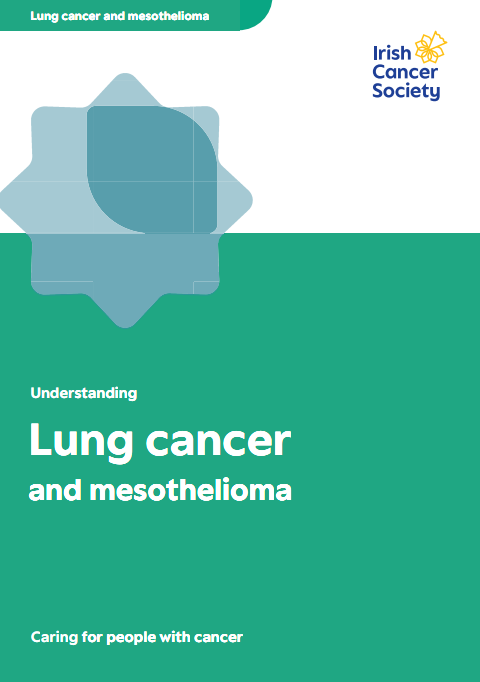Mesothelioma
Treatment
How is mesothelioma treated?
Mesothelioma can be difficult to treat. The aim with most treatments is to control mesothelioma, keep you well and relieve symptoms. The following treatments may be used:
The aim of surgery, in many cases, is to obtain tissue to reach a diagnosis and to try to relieve symptoms. Surgery may be offered for early-stage mesothelioma to try to remove it, but this is rare. It can be difficult to get rid of it for good.
Read more about surgery.
Mesothelioma can cause a build-up of fluid between the pleura (pleural effusion). This fluid can be removed during a pleural aspiration.
During this treatment, your doctor can put medication into the pleura. The medication causes the surfaces of the pleura to become sticky and bond together. This seals the space between the pleura and can help to prevent further build-up of fluid. This pleurodesis procedure will help you to feel less breathless.
Radiotherapy is the use of high-energy rays to control symptoms and shrink the tumour. You may have radiotherapy after surgery to prevent or delay the cancer returning. This treatment is usually well tolerated, but sometimes patients can experience pain after treatment. This is known as pain flare, but it usually eases after a day or two.
Read about the side-effects of radiotherapy.
Chemotherapy is the use of drugs to control the symptoms of cancer or slow down the growth of the cancer. You may have chemotherapy as well as surgery or radiotherapy. The doctors will assess if you are fit enough to have chemotherapy and discuss this with you.
Read about the side-effects of chemotherapy.
Controlling symptoms
Mesothelioma can cause symptoms like breathlessness and pain. Let your medical team know if you have any symptoms so that they can help you. Some hospitals have pain specialists and breathlessness clinics. You should also be referred to the palliative care team, who are experts in managing symptoms.




Get help & support

Support Line
Free support pack


